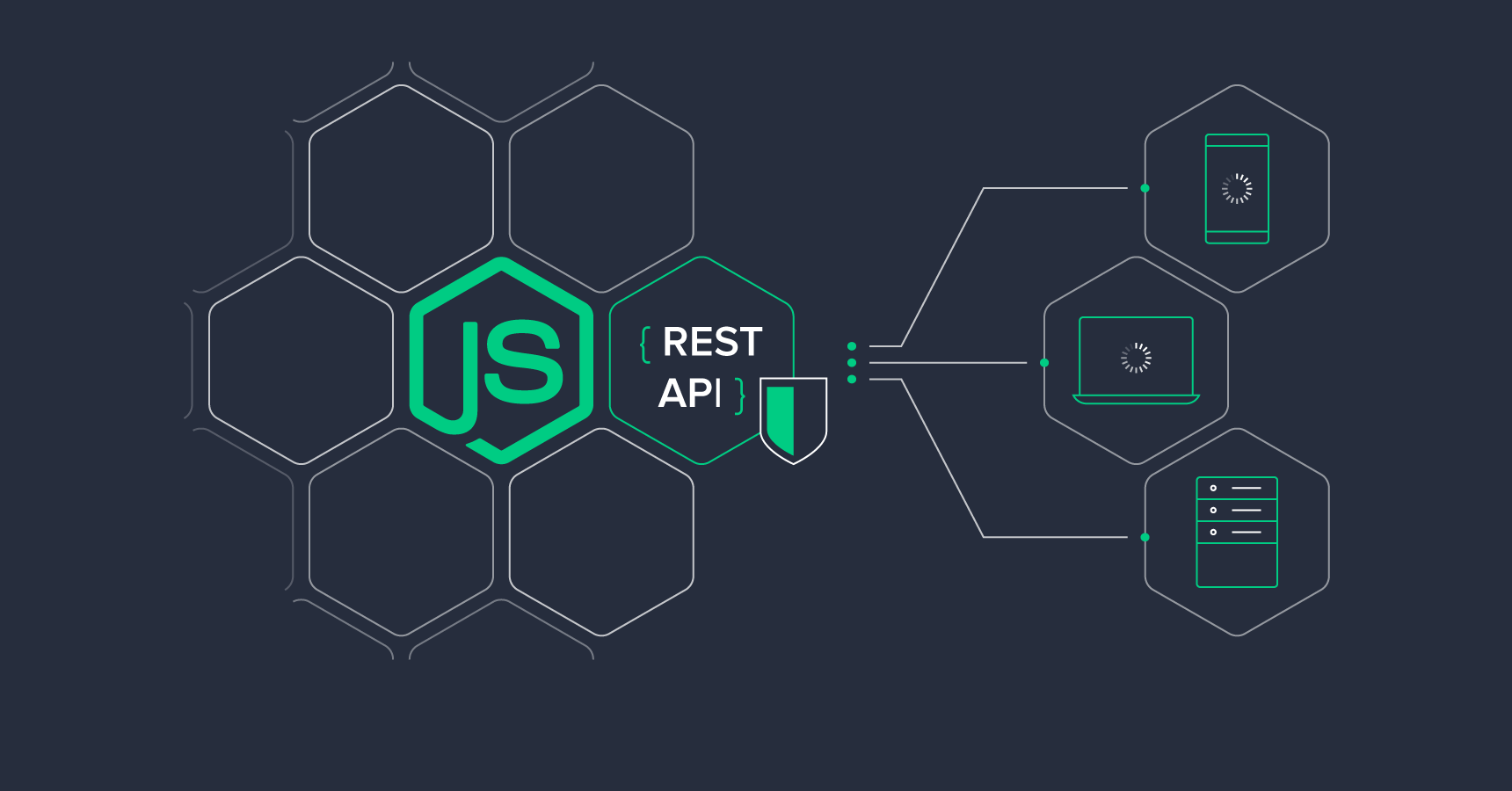
Node js, a popular runtime environment, provides robust capabilities for building APIs. In this blog post, we will delve into the concept of API functions in Node js and explore the different types of APIs available. By understanding API functions and their types, developers can harness the power of Node js to create scalable and efficient web applications.
What are API Functions in Node js?
API functions, also known as endpoints, are the core building blocks of an API in Node js. They define the operations that can be performed on the API and specify how clients can interact with the server. These functions encapsulate specific functionalities, such as retrieving data, creating resources, updating information, or deleting records. API functions are typically defined using HTTP methods, such as GET, POST, PUT, and DELETE, which correspond to the CRUD (Create, Read, Update, Delete) operations.
Types of API Functions in Node js:
Node js offers various types of API functions that cater to different use cases and requirements. Let’s explore the most common types:
RESTful API Functions:
Representational State Transfer (REST) APIs are widely used in web development and follow a set of principles for creating scalable and stateless APIs. RESTful API functions in Node js adhere to these principles, using HTTP methods to perform operations on resources. For example, a GET request retrieves data, a POST request creates new data, a PUT request updates existing data, and a DELETE request removes data. RESTful APIs are flexible, interoperable, and easy to understand, making them a popular choice for building web services.
GraphQL API Functions:
GraphQL is a query language for APIs that provides a more flexible and efficient approach to data fetching compared to traditional REST APIs. In Node js, GraphQL API functions allow clients to send specific queries to retrieve precisely the data they need. Unlike REST APIs that return fixed data structures, GraphQL APIs enable clients to define their data requirements, reducing over-fetching or under-fetching of data. With GraphQL, developers can optimize data fetching, minimize network overhead, and improve overall performance.
WebSocket API Functions:
While RESTful and GraphQL APIs are request-response-based, WebSocket API functions facilitate real-time, bidirectional communication between clients and servers. WebSocket is a protocol that enables persistent connections, allowing data to be exchanged instantly. In Node js, WebSocket API functions are useful for applications that require real-time updates, such as chat applications, collaborative tools, or stock market tickers. With WebSocket, developers can build interactive and responsive web applications that provide a seamless user experience.
SOAP API Functions:
Simple Object Access Protocol (SOAP) is an XML-based messaging protocol for exchanging structured information between networked systems. SOAP API functions in Node js enable communication between applications using the SOAP protocol. These APIs define operations and data structures using Web Services Description Language (WSDL) files. SOAP APIs are known for their strict contract-based approach, supporting advanced features such as encryption, digital signatures, and more. They are commonly used in enterprise environments where standardized protocols and strong security measures are required.
Conclusion:
API functions are the backbone of web development, facilitating seamless communication between different software systems. In Node js, developers can leverage the power and flexibility of API functions to create scalable, efficient, and interactive web applications. Whether it’s RESTful APIs for traditional data retrieval and manipulation, GraphQL APIs for flexible data querying, WebSocket APIs for real-time communication, or SOAP APIs for enterprise-level integration, Node js provides a rich ecosystem for building APIs that cater to diverse needs.
By mastering API functions in Node js, developers can unlock a world of possibilities, enhancing the functionality and interactivity of their web applications. Invest in a Node JS Course to gain a comprehensive understanding of API development and harness the full potential of this powerful runtime environment. Embrace the power of API functions in Node js and propel your web development skills to new heights.

